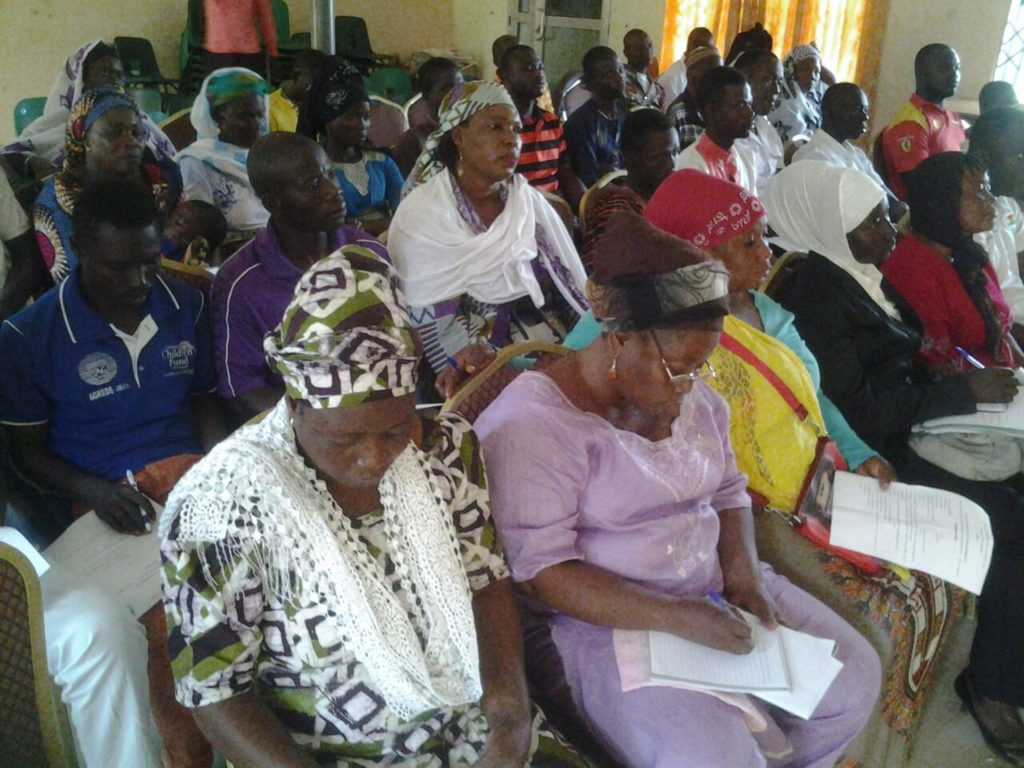The National Commission for Civic Education (NCCE), with support from the United Nations Education Scientific and Cultural Organization (UNESCO), has interacted with political parties’ youth activists at Bimbilla in the Nanumba North District of the Northern Region, towards ensuring peaceful and violent free elections in December.
The programme would be replicated in six other districts of the region, and several others across the country.
At the workshop, political youth activists, both men women, as well as other stakeholders, were brought together to brainstorm on activities that will sustain peace before, during and after the general elections.
Northern Regional Director of NCCE, Alhaji Abdul Razak Saani, said “the workshop is essentially to engage with political party youth activists on what can be done now, during and after the elections so that we have peace.”
The NCCE is organising this engagement in over forty districts across the country.
“We want the activists to know the Public Order Act, the Dos and Don’t’s during the elections and after the elections. We are also dealing with the political parties Code of Conduct. We hope that at end of the day, all of them will be well educated, well sensitized so that when they go back to their communities, they will also sensitize their colleagues and once we all know, then we work within the confines of the law, we are hopeful that we shall have peaceful elections” he said.
Political part youth activists, are often the culprits of electoral violence.
Speaking on the Public Order Act in relation to the elections, which was passed in 1994, Act 491, the Nanumba North District Police Commander, DSP Benjamin Aniah explained that, “Since Ghana assumed the democratic culture, we as Ghanaians has vowed never to go back to any other form of government apart from democracy. You would have found that Ghana could not have come this far, we have gone through several elections and we could not have gotten to this level without a constitution.”

“Article 42 of the constitution provides that, there shall be an electoral commission for the Republic of Ghana and it shall be the sole institution responsible for the conduct of elections. Apart from the constitution, we also have the Legislative Instrument called the L I, the Constitutional Instrument called the CI, we also have the Executive Instrument called the E I. All these regulations formed the legal framework governing the conduct of elections in the country.”
The participants in an interview with Citi News said they had learnt a lot going into the polls in December, and will play their role effectively to ensure the elections are peaceful.
They also pledged to educate others back in their communities on the knowledge they had acquired. The workshop was under the theme ‘Empowering the Youth to Stand Up for Ghana for Peaceful Elections 2016’.
–
By: Mohammed Aminu Alabira/citifmonline.com/Ghana

